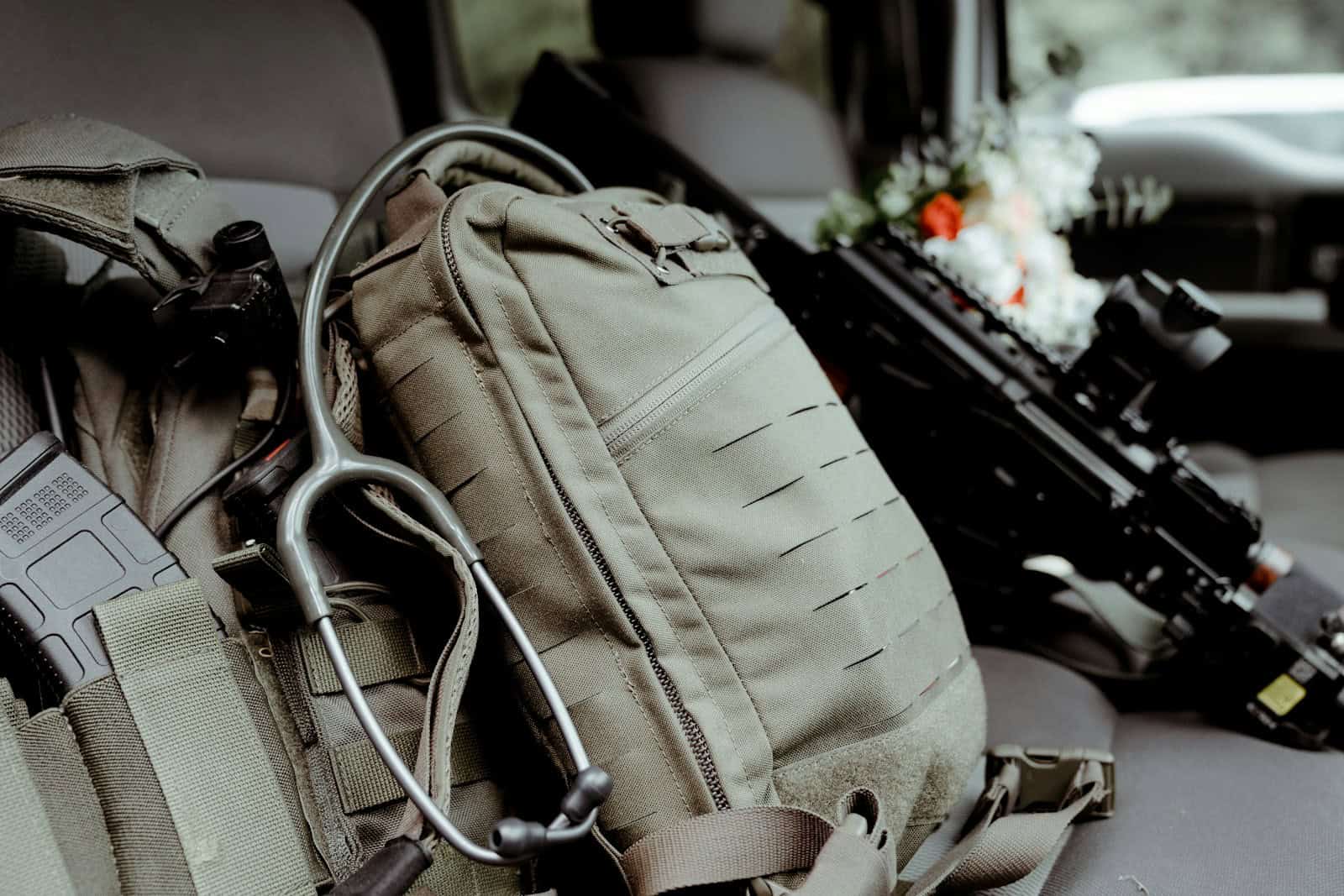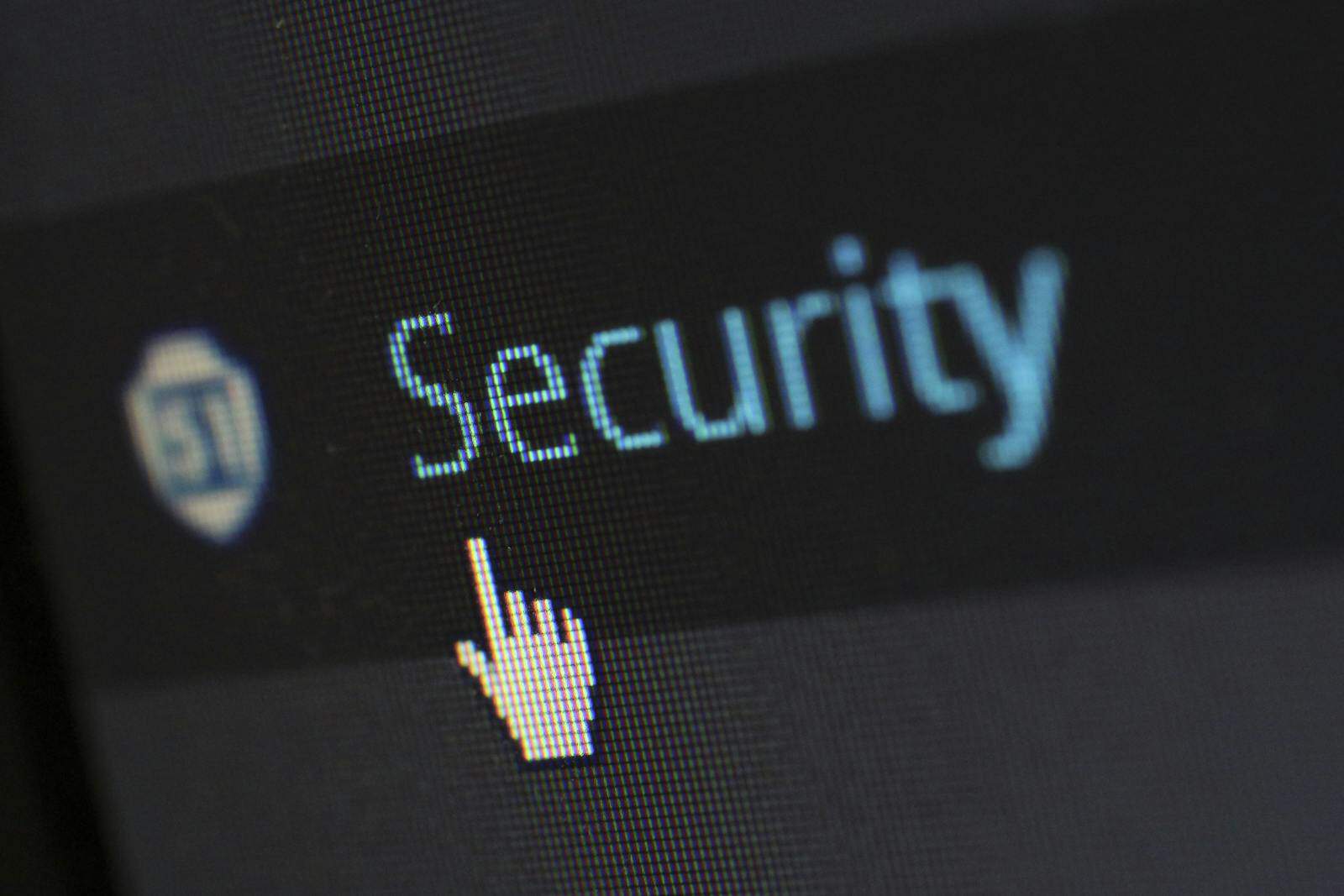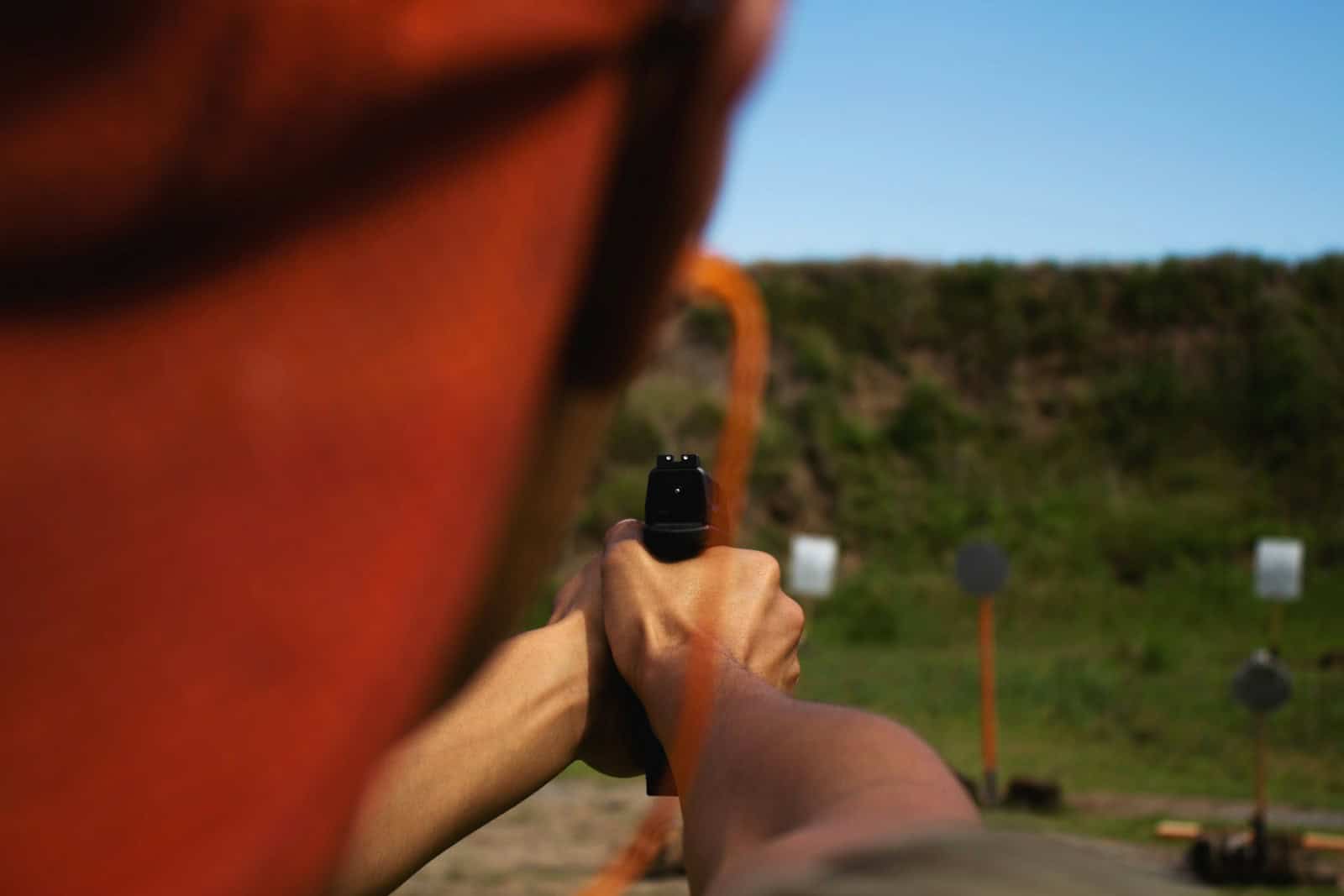In an increasingly unpredictable world, the importance of preparation has never been more evident. Whether it’s for natural disasters, unexpected emergencies, or simply the hustle and bustle of daily life, developing the skills and mindset to be prepared can make a considerable difference. The term “prepper” often evokes a certain stigma, but at its core, preparation is a universal practice that benefits us all.
Understanding Preparation
Preparation takes many forms. It can be as simple as packing snacks for a family road trip, organizing your schedule for a busy week ahead, or establishing a comprehensive emergency plan for unforeseen events. The essence of preparation lies in being proactive rather than reactive. It involves foresight and planning—skills that can enhance not only our personal lives but also our ability to navigate crises.
The Importance of Water
While food supplies often dominate discussions around emergency preparedness, water is an equally vital resource that is sometimes overlooked. In survival situations, having access to clean drinking water can be a matter of life and death. Therefore, anyone serious about their preparedness should prioritize establishing reliable water sources and purification methods. This might involve collecting rainwater, knowing how to find natural water sources, or investing in water filtration systems.
Training: A Key Component of Effective Preparedness
Training plays a crucial role in the realm of preparation. Unlike mere planning, training provides individuals with the knowledge and skills necessary to act effectively when circumstances become challenging. From first aid courses to outdoor survival workshops, training arms us with the confidence to face adversity head-on.
For instance, learning first aid not only equips you with the ability to manage medical emergencies but also instills a sense of assurance that you can help yourself and others during crises. Similarly, outdoor survival skills, such as fire-making, shelter-building, and navigation, are invaluable in both wilderness situations and urban emergencies.
A Mindset Shift: Embracing the Prepper Mentality
The shift from viewing preparation as an eccentric hobby to embracing it as a necessary mindset can empower individuals and communities alike. By normalizing the conversation around preparedness, we can dispel the stigma attached to being a “prepper.” After all, preparing for the unexpected is simply a responsible approach to life.
Embracing this proactive mindset allows us to approach challenges with resilience and confidence. When we are equipped with plans and skills, we can face whatever comes our way without feeling overwhelmed.
Conclusion: The Empowerment of Preparation
Ultimately, preparation is not just about stockpiling supplies; it’s about fostering a mindset that values responsibility and readiness. As we navigate through life’s uncertainties, investing time and effort into preparation can equip us to handle obstacles with grace.
Whether you’re an experienced prepper or just beginning to explore the concept, remember that preparation is an ongoing journey. The more we learn and adapt, the better equipped we are to thrive in the face of adversity. So, take a moment to reflect on what aspects of preparation resonate most with you—whether it’s training, resources, or mental resilience. Your future self will thank you for it.





